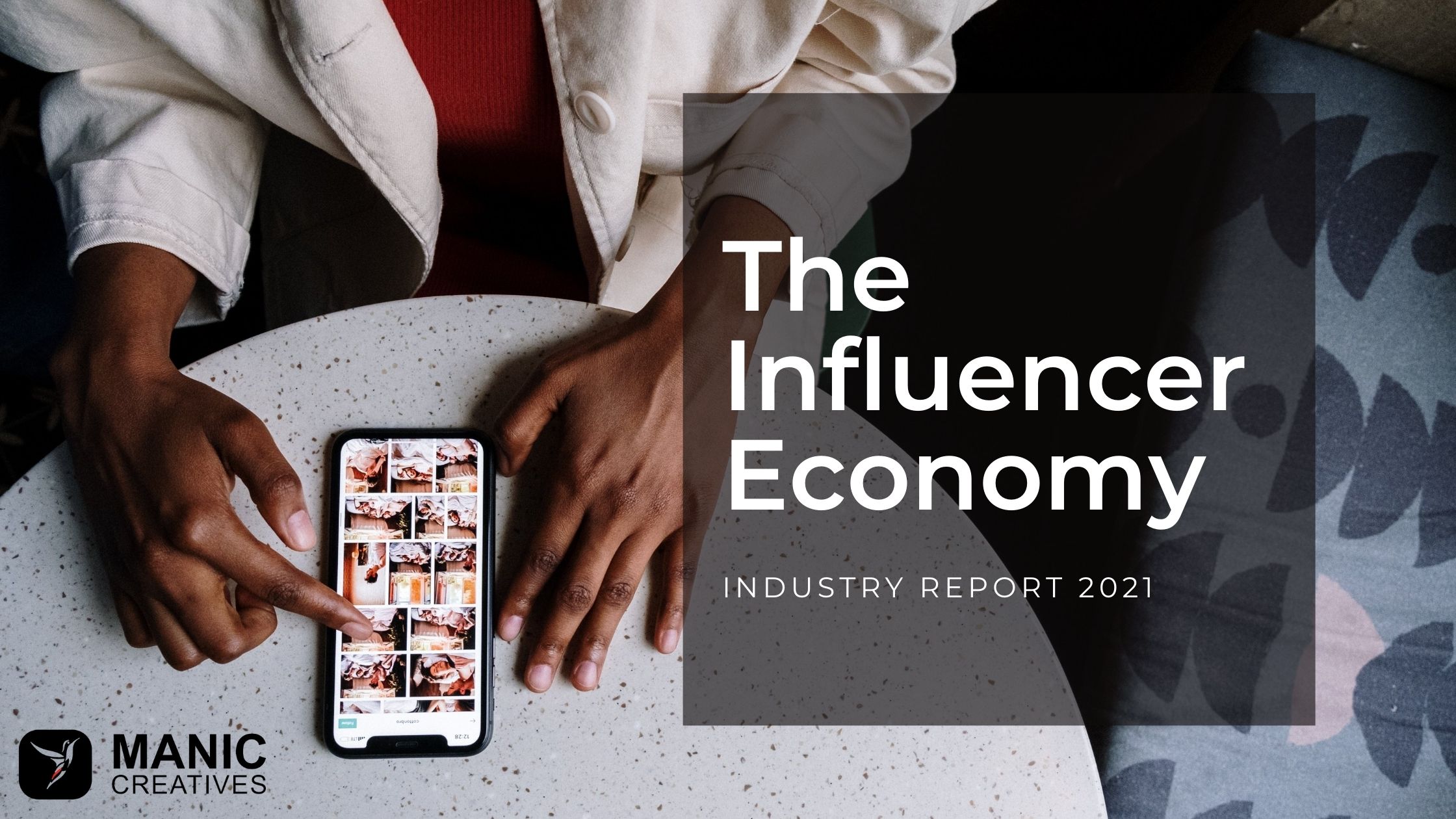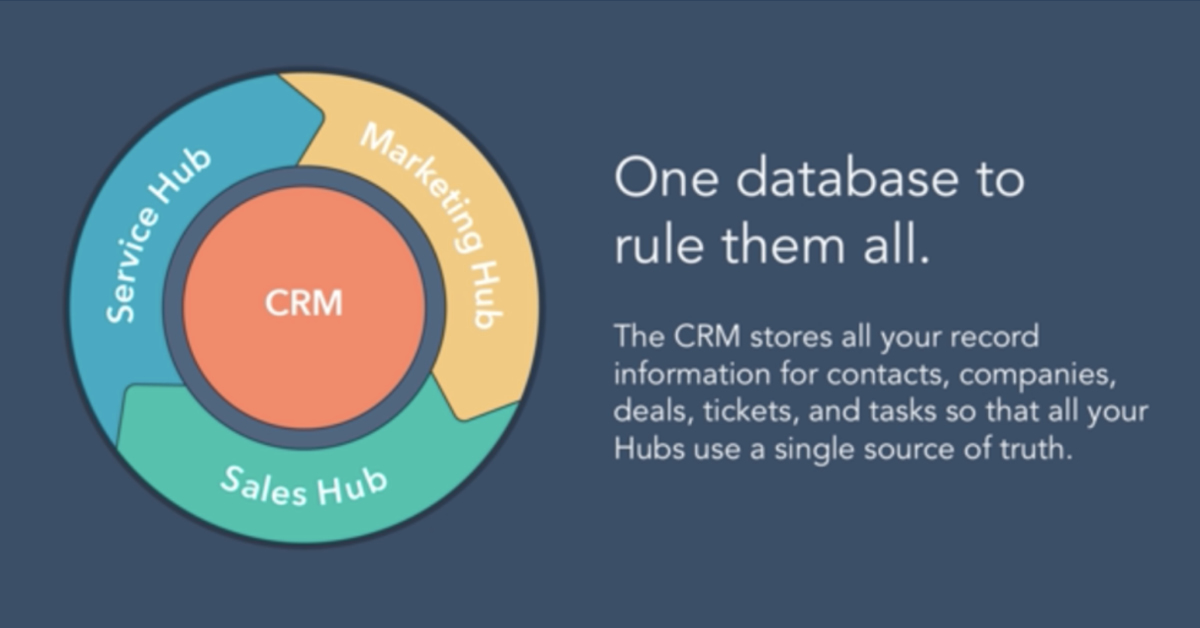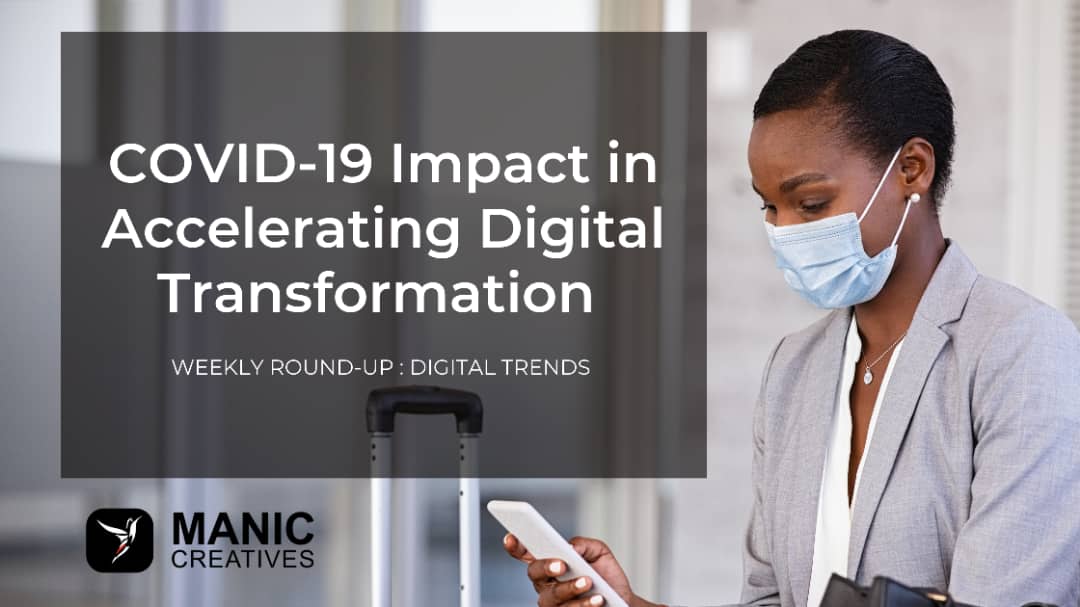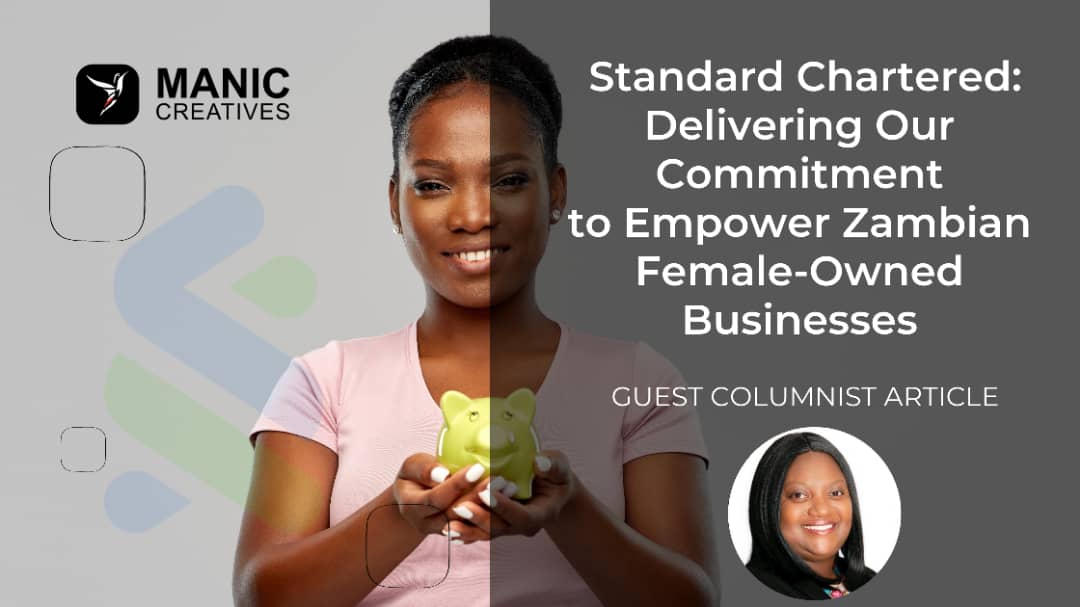Growth of the influencer industry in Zambia
THE influencer industry is a burgeoning sector of economic activity that is being recognised as a positive agent of national development.
So, why does the influencer industry matter in a digital economy and as a marketing strategy?
According to McKinsey & Company, ‘buzz’ plays a greater role than previously thought in getting consumers to buy, and that the pool of the most effective influencers remains largely untapped.
Between 2005-2015, marketers have increasingly turned to social-media networks like Facebook and Twitter to create buzz around their products, McKinsey states.
In Europe, a study conducted between 2013-14, showed that the impact of social media on buying decisions was greater than previously estimated and growing fast, but that its influence varies significantly across product categories.
Social recommendations induced an average of 26% of purchases across all product categories, according to McKinsey’s data, substantially higher than the 10 to 15% others have estimated.
If social media proved in empirical data from McKinsey’s study of its influence and impact on consumers’ decision-making, then logic follows that influencers on social media play a role, too.
Heepsy, on its official website, argues that influencer marketing is a strategy increasingly used by brands to give visibility to their products and services, through people with a large number of followers on social networks.
So, what is the growth potential on the Zambian market for brands?
In Zambia, the growth potential of brands to ride on influencers remains an exciting prospect given the huge reach influencers in the country have.
Known celebrities in the music, sports and the fashion industry are a frequent staple for major brands like Trade Kings, who command a national and regional market.
Zambians’ access to the Internet stands at around 5.48 million users as at January, 2021, representing nearly 30% of the country’s total population, according to DataReportal . Of those users, around 2.6 million are active social media users or approximately 14% of the total population.
Clearly, social media platforms have a growing audience, and with Zambia’s population growth steadily increasing year-on-year, brands are going to definitely want to tap into influencers, who have access to significant numbers of consumers.
Data on overall statistics of the country’s top influencers isn’t immediately available from one central database, but is rather codified according to the relevant social media platforms used by Zambians.
According to starngage.com, a website that tracks the country’s top 1,000 Instagram influencers, at least six locally-renowned musicians appear among the country’s top 10 influencers. Popular names range from B’Flow and Abel Chungu Musuka to Cleo Ice Queen, who join other well-known public figures across the music, fashion and media industries as Zambia’s most followed entities in the top 10 Instagram influencer ranking.
Other notable public figures on the popular social media platform include Iris Kaingu, the socialite, who previously aspired to be the Mwandi constituency PF member of parliament, has a following of 165,000 on her Iris instagram account, while Lulu Hangaala-Wood, the popular media personality, pulls a crowd of around 108,000 followers on the platform Lulu Hangaala-Wood Instagram account . .
But other sources tracking influencers in Zambia include Klear.com, who have interesting data monitoring the development of the influencer industry in the country. Klear, whose mission is to analyse billions of interactions that happen every day on social networks and extract valuable insights, has Monica Musonda, the Java Foods Chief Executive Officer; musician, Fumba Chama (alias Pilato) and corporate entities that include Airtel and QFM Zambia, the radio station, among its top 10 Zambian influencers on the Twitter and Facebook platforms on its klear.com/people-from/Zambia.
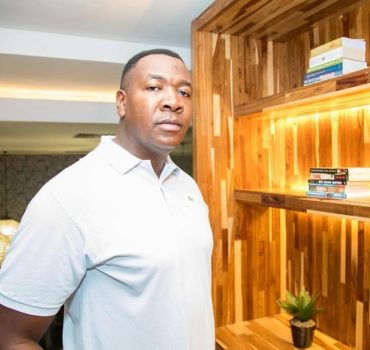
Renowned marketer and social influencer, Kamiza Chikula, a popular voice on Zambian radio, has quickly grown to own the digital and traditional marketing space and push popular brands on radio with his distinct and recognisable voice.
Having initially worked for Stanbic Bank Zambia Limited, Kamiza branched out to form his own company, Feira Communications, which has rapidly grown to be one of the most sought-after communications solutions providers.
He says the influencer industry in Zambia is growing and brands are taking notice of the huge number of followers influencers have access to on their social media platforms.
“The exciting thing about the influencer industry right now is the fact that, for the first time in the history of Zambia, people are able to monetise their popularity. And I believe that social media has been a blessing in that regard because the more popular a person is, the more attractive they are to different brands that feel this person fits the demographic they are seeking to speak to,” Chikula says in an interview.
“So, is it possible for a person to earn their living off of influencing? I don’t think so, but it is a good start! There is a revenue stream to be had from influencing, and I think if it is tactfully done as with all other platforms, traditional or digital, if the person who is doing the influencing does it tactfully, it doesn’t even seem like influencing; it’s not a brazen and blatant advert as opposed to a person giving what seems to be an informed opinion on a particular product. So, there’s a lot to be learnt, a lot to be done, but we are on the right path. I have seen quite a few celebrities who are making their mark in the influencer industry and earning a decent amount off of that. So, yes, definitely on the right trajectory.”
Chikula describes his experience as a renowned influencer as one that benefited from respecting competitors, who have since turned to valuable clients.
“I can speak from experience, and one thing I will highlight is the fact that, even when I was employed by particular organisations, at no point did I treat people who were with a competitor organisation like they were anything less than we were or they were enemies…we respectfully interacted, and in all our communications, it was mutual respect at the core of it. That went full-circle and it’s allowed me to do work for a lot of people, who at one time were my competitors, but are now potential clients,” he says.
“It may sound cliche, but your network is your net worth. I think what you do when you are still in the corporate sector and how you interact with peers and those who are supposedly competition really dictates how you will be treated when you venture out into the entrepreneurial space.”
Asked if the influencer industry could benefit from having a proposed association to better organise and the industry and attract more would-be influencers, he said:
“…That’s a difficult one; the reason I say so is, you’re dealing with an open space in the form of social media where pretty much anything goes. It’s an unregulated space so it would be a bit difficult to regulate it. Right now, it’s sort of a 50/50 between being a buyer and seller’s market. So, it’s how well you negotiate your deal and how much worth you place on yourself,” replies Chikula.
Looking at the numbers of followers glued to influencers, it’s certainly a promising lucrative venture for brands to vigorously pursue their marketing strategies in a digital economy.
Sources & references
https://datareportal.com/reports/digital-2021-zambia
https://www.instagram.com/iriiskaingu/?hl=en
https://www.instagram.com/luluhaangalawood/?hl=en
https://klear.com/people-from/Zambia
https://starngage.com/app/global/influencer/ranking/zambia


